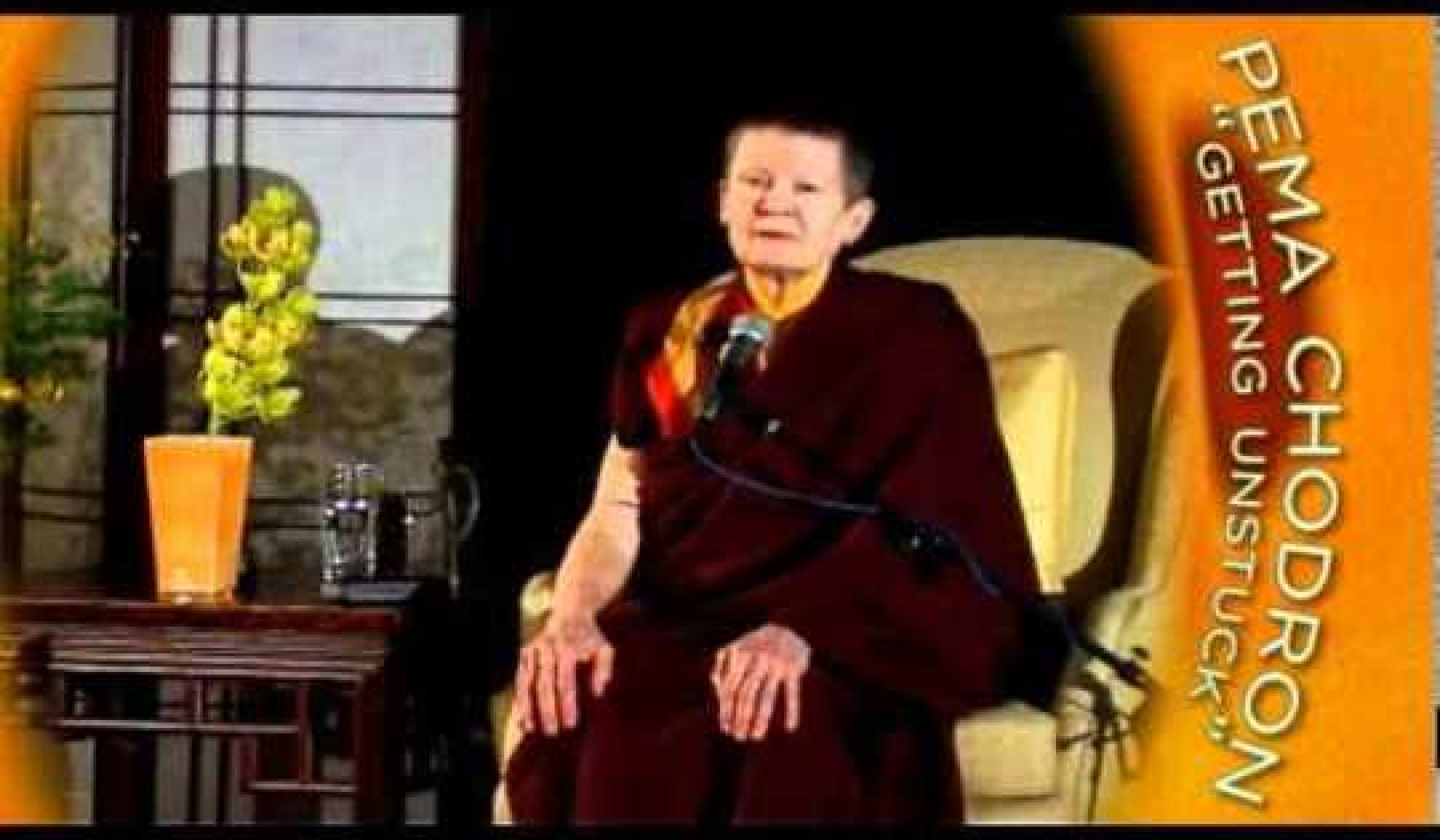 Sebastian Kaulitzki/Shutterstock.com
Sebastian Kaulitzki/Shutterstock.com
The numbers of women undergoing elective egg freezing across the Western world has increased rapidly over the past few years. But little was known about what motivated women to make use of this novel procedure. Our latest research, shows that, contrary to what many people believe, women don’t freeze their eggs for career reasons. They freeze them because they need more time to find a suitable partner, to avoid future regret and to prevent engaging in what we have called “panic partnering”.
All of the 31 women interviewed for our research decided to freeze their eggs because they believed they were running out of time to become a mother. Specifically, we found that the women feared that as they grew older they would be less likely to be able to become a mother in a secure, intimate relationship – conceiving a child who shared genes from parents who were equally committed to parenthood as one another.
 The women in the study wanted to wait for the right partner. Monkey Business Images/Shutterstock.com
The women in the study wanted to wait for the right partner. Monkey Business Images/Shutterstock.com
At the time of freezing their eggs, 26 women were single and five were in relationships. The five women who froze their eggs while in a relationship did so because they were either unsure of the potential longevity of their partnership, or because they were in new or fledgling relationships where the discussion of parenthood felt premature.
The other women who were single when they froze their eggs had previously been in serious relationships that they thought would lead to motherhood but which had broken down, or they had been in relationships with men who didn’t want to become a father, so they turned to egg freezing in a bid to preserve their fertility.
All of the women reported feeling under significant pressure to find a partner before they reached the end of their fertile lives, but explained how the men they met were often unwilling to settle down or commit to fatherhood.
Panic partnering
We also found that around two-thirds of the women wanted to freeze their eggs so they could avoid panic partnering; that is, entering into a relationship with a partner they would not have otherwise chosen simply to prevent unwanted childlessness in the future. Many of these participants described seeing other women panicked by their biological clock in to less than ideal relationships and described how this was something they wanted to avoid. One participant put it like this:
I know that these days, there are a lot of women that just decide: oh my god, I am in my late thirties, I am just going to try and get pregnant with the next person that I meet. Whereas I suppose I am a conservative at heart, and I just didn’t want to do that.
So egg freezing is not only about keeping the option of pursing motherhood with the right partner open in the future, it is also about avoiding pursuing motherhood with the wrong partner in the present.
Over a third of the women in our study also described fearing that if they did not freeze their eggs, they may come to regret their decision, especially if they were later unable to conceive. As a result, for some women, the fear of future regret and blame functioned as a factor that motivated them to make use of egg freezing. As one of the participants put it:
If I had not had any eggs frozen, but I had thought about doing it, I would have absolutely kicked myself. I would probably never have forgiven myself, and that was one of the motivating factors for doing it.
Underlying health issues
While elective egg freezing is routinely seen as the decision to freeze eggs for non-medical reasons, over 20% of the women in this research also had an underlying fertility or health issue affecting their decision to undergo the procedure.
The health issues included endometriosis, polycystic ovary syndrome, blocked fallopian tubes, as well as the perception of being at risk of premature menopause or serious illness. This suggests that the line between freezing for elective reasons and freezing for medical reasons may be more blurred than we first thought.
And while there has been some suggestion that women are freezing their eggs for career reasons, we did not find this in our study, and several women explicitly rejected this representation of their motives. As one woman stated:
I think the media really misrepresent women who have children later, I don’t know a single woman who have put off having babies because of her career. Not a single woman I have ever met has that been true for. The women that I know that don’t have kids, it is because they have not got the right partner.
The women in our research froze their eggs to avoid future regret, to hopefully enable themselves to become a mother at the right time, with the right partner, and be a good mother to their child. This is how one woman put it:
I suppose I think to myself, that’s the best way to be a mother, to be in a stable relationship and be financially secure and be able to provide for your child.
About The Author
Kylie Baldwin, Senior Lecturer, De Montfort University
This article was originally published on The Conversation. Read the original article.

Related Books:
Here are 5 non-fiction books on parenting that are currently Best Sellers on Amazon.com:The Whole-Brain Child: 12 Revolutionary Strategies to Nurture Your Child's Developing Mind
by Daniel J. Siegel and Tina Payne Bryson
This book provides practical strategies for parents to help their children develop emotional intelligence, self-regulation, and resilience using insights from neuroscience.
Click for more info or to order
No-Drama Discipline: The Whole-Brain Way to Calm the Chaos and Nurture Your Child's Developing Mind
by Daniel J. Siegel and Tina Payne Bryson
The authors of The Whole-Brain Child offer guidance for parents to discipline their children in a way that promotes emotional regulation, problem-solving, and empathy.
Click for more info or to order
How to Talk So Kids Will Listen & Listen So Kids Will Talk
by Adele Faber and Elaine Mazlish
This classic book provides practical communication techniques for parents to connect with their children and foster cooperation and respect.
Click for more info or to order
The Montessori Toddler: A Parent's Guide to Raising a Curious and Responsible Human Being
by Simone Davies
This guide offers insights and strategies for parents to implement Montessori principles at home and foster their toddler's natural curiosity, independence, and love of learning.
Click for more info or to order
Peaceful Parent, Happy Kids: How to Stop Yelling and Start Connecting
by Dr. Laura Markham
This book offers practical guidance for parents to shift their mindset and communication style to foster connection, empathy, and cooperation with their children.


























